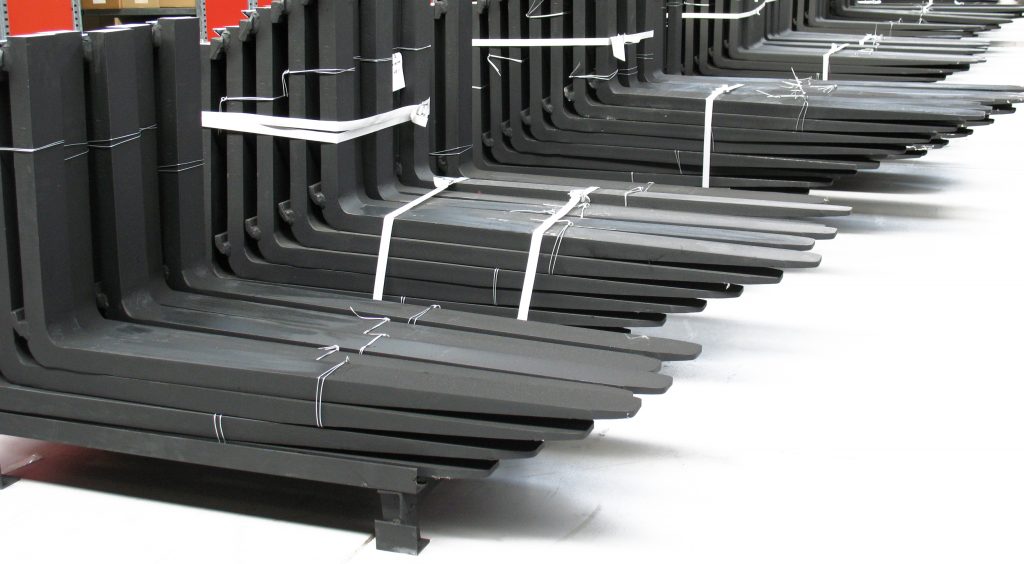Forklift Forks: Everything you need to know

What good is your forklift without a great pair of forks?? Forklift forks will start to get worn the first day of use. If you’re company is one that often uses a lift truck, then it’s a very, very good idea to regularly inspect the forks. Now there are a few things to look for while […]
Read Post